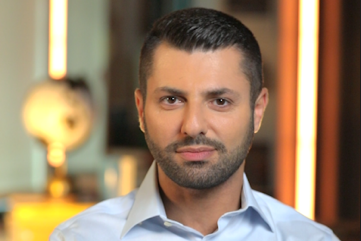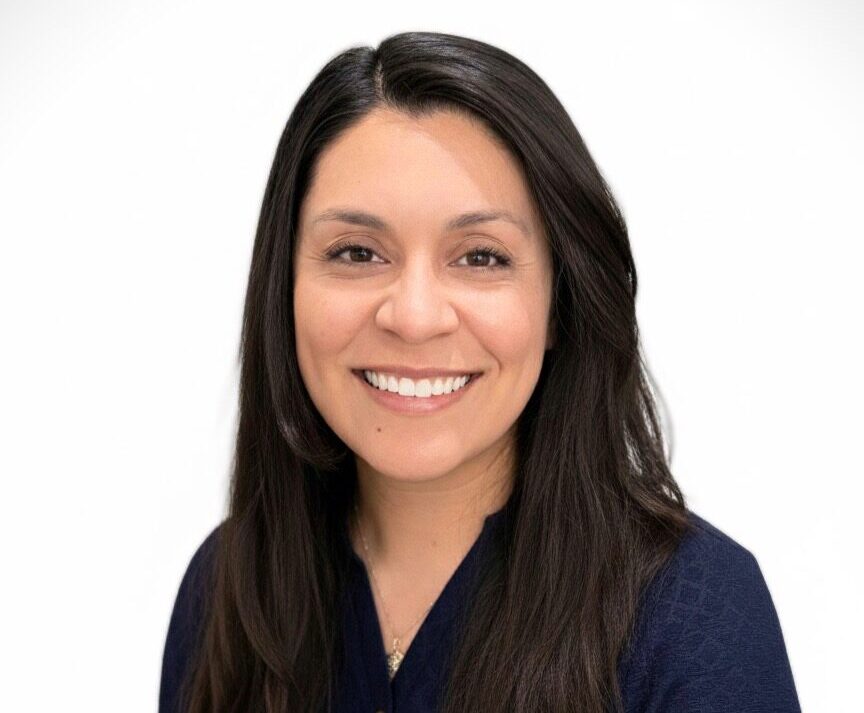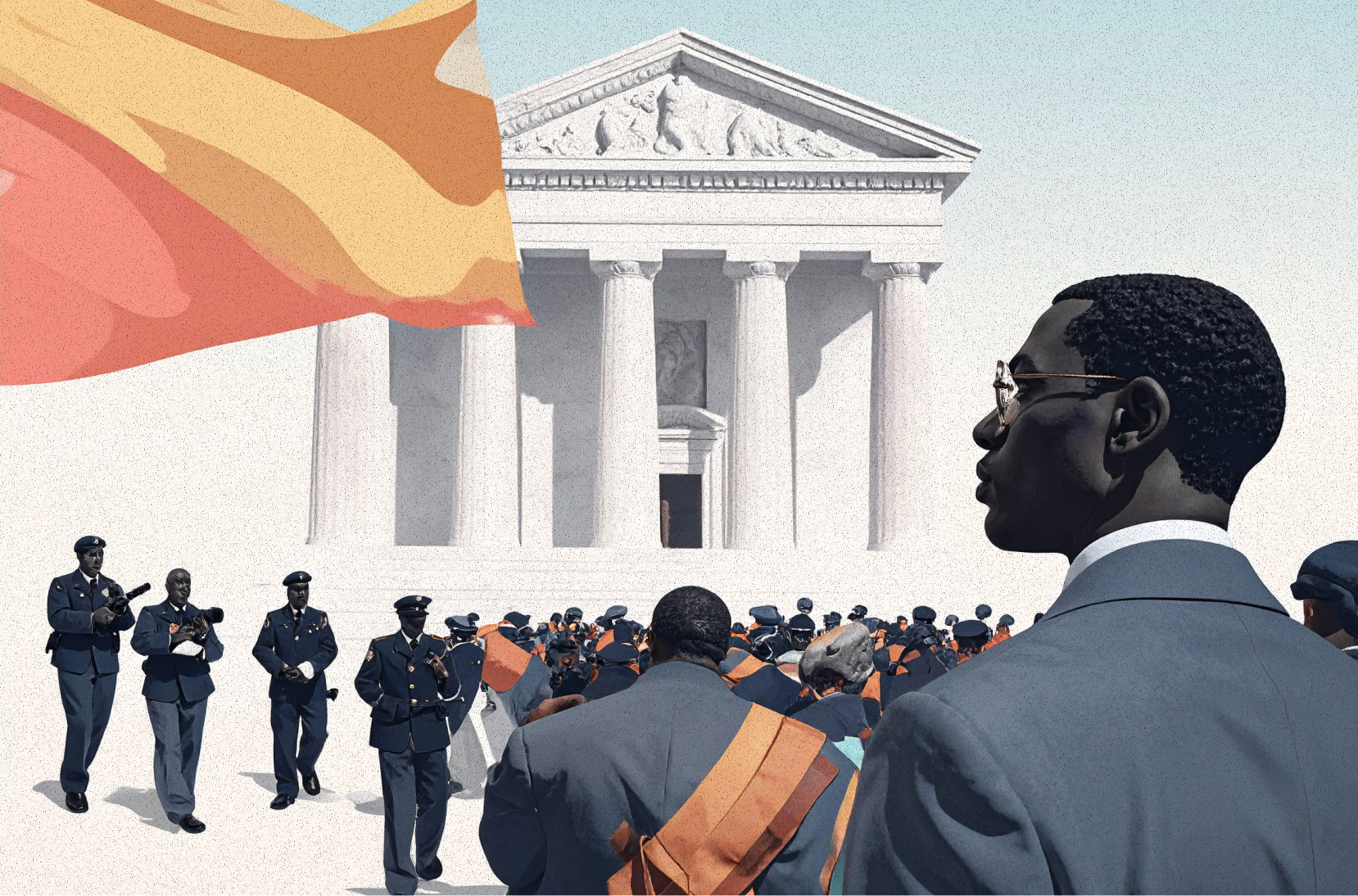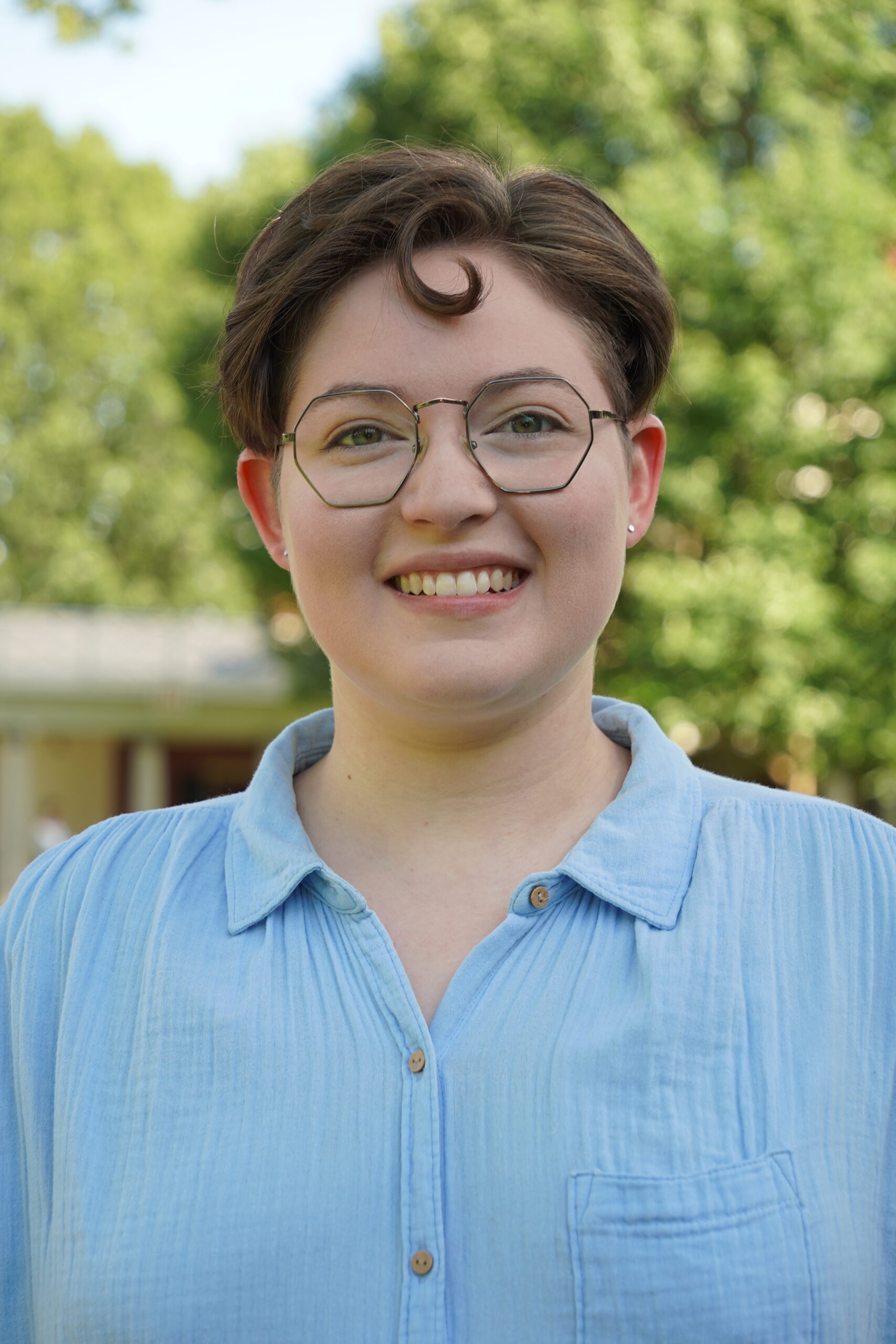Editor’s Note
This essay is part of CNTI’s “Letters from the Field” series, in which journalists from around the world share their experiences reporting in restrictive spaces and share advice for journalists in the U.S.
The first time I was asked to cut the truth, it came in the form of a polite phone call.
It was 2010. I had just submitted my investigative report for the week, a hidden-camera exposé on corruption inside Lebanon’s Department of Transportation. I walked in with a pen-shaped camera and a simple question: Were these employees processing driver’s licenses fairly, or only for those who tipped or had the proper political connection?
My cameraman stayed nearby. I told him to keep rolling, even when I confronted the staff directly. They didn’t like that. They knew what I was doing.
Right before the story aired, my editor called. “We’ll need to trim some parts,” he said. Why? Because the ministry called, and the network didn’t want to ruin the relationship. They wanted to run the story, just without the parts that mattered. The names. The money. The evidence. I said no.
“If you’re going to cut the truth out of it, then don’t run it at all,” I told them. “The story stands. If the minister has something to say, he can say it.”
My job wasn’t to keep anyone comfortable. It was to tell the truth, all of it. That moment stuck with me.
What I learned that day wasn’t just about censorship; it was about how easily truth gets reshaped, not with force, but with favors.
Letters From the Field
From Afghanistan and Nigeria to Ukraine, journalists speak of exile, legacy, and resilience. Read their stories, insights, and calls to action.
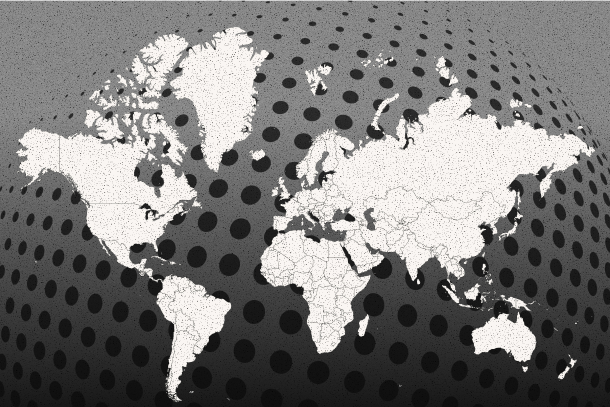
I used to think press freedom only died in dictatorships. However, it dies in democracies too, just more slowly. It dies every time a reporter is told to tone it down or drop a soundbite. And that’s what scares me most about what I’m seeing now in the U.S. Is it a different playbook, or just a different uniform?
In 2004, I was hosting a show on New TV called “Your Opposition,” where my team and I exposed how Arab regimes silenced journalists. One episode focused on the Syrian regime’s targeting of critical voices, including Syrian journalists living in exile. At the time, Lebanon was under Syrian military control. The man in charge was Rustom Ghazaleh, head of Syrian military intelligence in Lebanon.
Not long after the episode aired, I started receiving strange phone calls. No voice. Just silence on the line. It was a known tactic used to threaten journalists critical of the Syrian military occupation in Lebanon.
Then the motorcycles started waiting outside the studio and following me while I took the bus home.
I was 22. So I asked to be removed from the show.
Did I cave? Maybe. But I also knew what had happened to journalists I admired. May Chidiac survived an assassination attempt. Gebran Tueni didn’t. For me, they weren’t just names in the news. I knew what they stood for. And what it cost them.
Courage does not have one single shape. Some days it’s loud. Some days it’s just staying alive to tell the next story.
If you’re waiting for a press crackdown in the U.S. to look like what happened in Syria or Lebanon, you will miss it. In some societies, repression is obvious. You know where the red lines are, even if they shift. In the U.S., the pressure comes differently, through self-policing or through language that keeps the truth out of the room.
Here’s what it looks like: You’re told your story “lacks balance.” What they mean is, don’t piss off the powerful. You avoid words like inclusion, racism, war, diversity, transgender or equity, because they make some people uncomfortable. Because saying them means admitting the system is rigged, not broken randomly, but built that way. Built to protect some and disappear others.
I’ve seen it before. It’s just branded differently now and here.
Then there’s the algorithm. It punishes the truth. If your story doesn’t align with the platform’s stylebook or the politics of its funders, it disappears, subject to low views and shadowbans.
What grounded me was remembering that journalism is a responsibility, not a role or a title, even when it costs YOU.
The job isn’t to play it safe. It’s to speak when it would be easier not to. And if you’ve started speaking less, ask yourself why. What you’re avoiding. What you’re afraid of losing. What truth you’ve stopped telling, just to keep your place.
The job isn’t to stay safe. It’s to say what still needs to be said. Especially when no one else will.
The scariest censorship isn’t when you’re silenced. It’s when you silence yourself.
When it hides behind “tone.” When your voice whispers to cut a part.
That’s when the line has already moved. And you didn’t even feel it shift.
The Real Cost
Lately, I find myself editing in silence. Not because someone told me to. Not because there’s a law. But because I’m tired of justifying a truth I’ve already verified. Tired of watching facts become debates. So I cut the line before someone else tells me to.
I still have opinions rooted in facts and truths. And I still say them. But sometimes I am not sure anyone is listening.
And that’s the real threat. It’s not just that journalists get punished for telling the truth. It’s that we start to doubt whether it matters. That it will not reach anyone or change anything.
So we speak less. Post less. Share less.
Until one day, we don’t speak at all.
Not me. Today, I still speak not because I love the sound of my voice, but because I couldn’t stand the sound of hypocrisy — I couldn’t stand not being a voice for the voiceless when they still have so much to say.
So I still ask the hard questions. And I still report on the answers. To journalists in the U.S. and around the world, I say: keep asking.
Joe Kawly is a Lebanese-American journalist with 22 years of experience covering conflict and diplomacy. Born in Lebanon, he’s reported from war zones in Aleppo, Beirut, and Benghazi, and covered refugee crises across the region. He’s lived and worked in France, the UAE, Lebanon, and now Washington, D.C. A Georgetown graduate and former CNN Journalism Fellow, Joe not only covers the news but decodes politics, bringing clarity to noisy headlines and showing why the story and truth matter. As producer and host of his talk show “The Diplomat,” he brings a global insight to conversations that shape policy and perception.
Share

